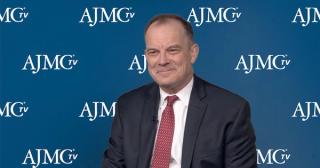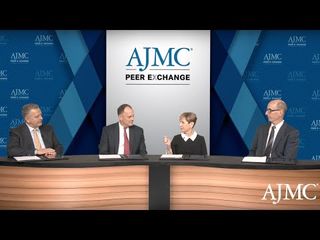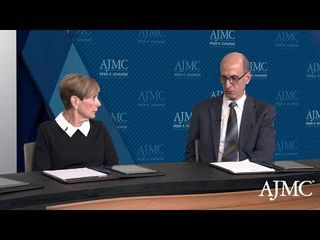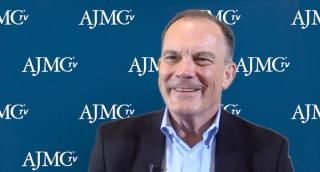
Employers
Latest News
Latest Videos

CME Content
More News
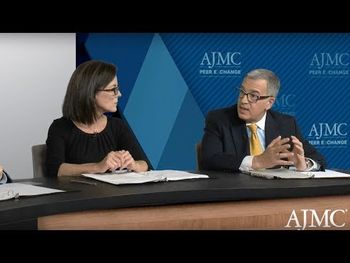




Since they foot the bill for a lot of Americans’ healthcare costs, employers have a lot vested in the health of their populations and have been involved with pushing for healthcare transformation, said Suzanne Delbanco, PhD, MPH, executive director of Catalyst for Payment Reform.

The survey of more than 340 women revealed an overwhelming belief that people with migraine are dismissed as exaggerating their symptoms and that employers don't understand the burden of migraine on their employees.

New research from the Employee Benefit Research Institute has found that although there was some erosion in health insurance offered by employers after the implementation of the Affordable Care Act, the percentage of private-sector employers offering health benefits increased in 2017 for the first time since 2008.

In a survey of 170 employers, employers indicated that they are taking a more activist role in delivering healthcare to their employees, expressed frustration with the pharmaceutical supply chain, and said they expect to see a large uptake of virtual healthcare in the coming years.

A new study from the Healthcare Financial Management Association, Leavitt Partners, and McManis Consulting found that the penetration of value-based payment (VBP) models is not yet enough to generate cost savings and is also not affecting clinical quality outcomes at the market level.
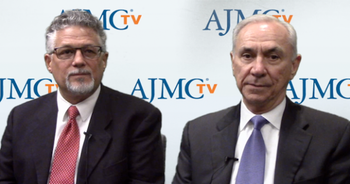
The ability to have a plan that’s going to work and be large enough that it makes sense for those involved is a barrier for employers who want to pursue alternative payment models, said David Merrill, HR benefits manager, Volusia County, Florida, and John Robinson, CEBS, REBC, RHU, president and CEO, RobinsonBush.

Scaling back the Comprehensive Care for Joint Replacement model and canceling an expansion proposed under the Obama administration represents a shift in philosophy from mandatory to voluntary bundled payment models. But some say that commercial payers and employers will demand change no matter what CMS does.

The Gallup-Sharecare Wellbeing Index released its estimate of the cost of diabetes for employers on World Diabetes Day.

Brian Marcotte, president and CEO of the National Business Group on Health, offers recommendations for employers that are considering accountable care organizations (ACOs) and describes situations when an ACO is not a good fit.

Employers have started to focus on fulfilling opportunities to control costs and supplying more services to help employees understand their treatment options and the healthcare system as a whole, explained Brian Marcotte, president and CEO of the National Business Group on Health.

Having employers and accountable care organizations agree on expectations is necessary for better alignment of care offered, explained Brian Marcotte, president and CEO of the National Business Group on Health.

Employers understand what accountable care organizations are, but they need a better understanding of how they deliver value better than the market, explained Brian Marcotte, president and CEO of the National Business Group on Health

"Voluntary" is the key word in today's wellness programs, after EEOC rules were tested in court.

After great effort to resolve apparent conflicts between the ACA and older statutes, including the Americans with Disabilities Act, a repeal of the healthcare law may send regulators back to the drawing board.

At the Community Oncology Alliance (COA) Payer Exchange Summit V, 2 employer groups and a provider participated on a panel to provide practical insight into the extraordinary challenges and decisions that employers and employees with a cancer diagnosis are faced with.

Reimbursement is not an issue for basic cancer tests, but questions surround the payment and guidelines for more cutting-edge medical innovations, said Bruce Quinn, MD, PhD, a consultant at Foley Hoag. He added that the role of employers in health management is not changing as quickly as we may think.

Obesity is more than just a lifestyle disease. Ted Kyle, RPh, MBA, principal at ConscienHealth, explained that understanding its complexities as well as the behavioral and physical care it requires is essential in improving the health and productivity of employees.

Also, the share of employers funding wellness programs has passed the 50% mark, but not all employees use them.

More employers are requiring prior authorization and the use of select specialty pharmacies for high-cost drugs.

The Pregnancy Discrimination Act of 1978 prevents questions about status from being asked, and does not require a woman to disclose her pregnancy in an interview.

Incentives in employee wellness programs, especially penalties, can hurt morale and lead to legal action. But without incentives, there's no guarantee the employer will see healthcare savings and return on investment.





